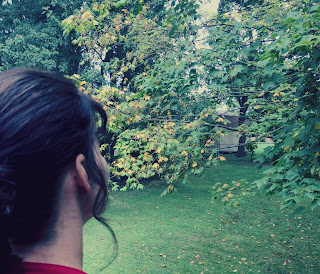
All night I've wrestled Jacob's angels
And prayed with Matthew, Luke and John
Struggling to find the words when I face the
task that comes at the
Blood red dawn.
I've buried men before their time
Of alcohol and blackened lung
But how to bury seven of these
Appalachian miners' sons?
 They stormed the beaches wave on wave,
they have sailed home to these rocky graves,
to family plots that bear their names.
They stormed the beaches wave on wave,
they have sailed home to these rocky graves,
to family plots that bear their names.
Tomorrow I'll walk up seven hillsides
Tremble before my flock on seven hillsides
Seven sorrows, seven sons, seven mothers and every one
Will turn to me for the word of God.
What does this mean?
There I'll stand, good book in hand,
A shepherd to these precious lambs.
What will I say?
What can I say?
The time has come to keep the faith
For others shattered by their loss.
Remind them of the loving God
Whose son, like theirs, paid the cost
To save a sad and wicked world
Through sacrifice, our love is heard.
And I pray that they believe those words.
Tomorrow I'll walk up seven hillsides
Tremble before my flock on seven hillsides
Seven sorrows, seven sons, seven mothers and every one
Will turn to me for the word of God
What does this mean?
Dear God, what does this mean?
Based on lyrics by an unknown sorrow filled author in memory of the 38 West Virginia soldiers who died on D-Day.
Winston Lodge Alexander, McDowell County
James O Boggess, Kanawha County
David E. Casto, Nicholas County
Donald G. Colangelo, Mingo County
Darius W. Crites, Upshur County
Joe DiCiuccio, Raleigh County
Jasper N. Elswick, Roane County
Curtis C. Feathers, Preston County
Jesse M. Hawkins, no home county identified
Elsworth M. Heck, Cabell County
Martin V. Hughes, Kanawha County
Edward L. Jones, Wood County
Alva Jackson Night, Braxton County
Eston C. Kuhn, Barbour County
James D. Lake, Braxton County
Bernard H. Lipscomb, Doddridge County
John Manfredi, Barbour County
Charles H. Manning, Hancock County
Conrad Cecil Mason, Ohio County
John Hobert Mathews, Pocahontas County
Charles G. McCalvin, Logan County
Jamie Edgar McComb, Pocahontas County
John Burk McCue, Monongalia County
Vernon C. McDaniel, Berkeley County
Norman G. Miller, Harrison County
William L. Mollohan, Jr., Kanawha County
Louis F. Nesci, Mineral County
Shirley J. Phillips, Randolph County
John Henry Shreves, Harrison County
William H. Smith, Raleigh County
Floyd Spiker, Preston County
Max L. Stemple, Preston County
Robert Charles Stonebraker, Harrison County
Raymond L. Winebrener, Mason County
Benjamin F. Winn, McDowell County
Benjamin H. Wirtz, Mercer County
Robert L. Wolverton, Randolph County































